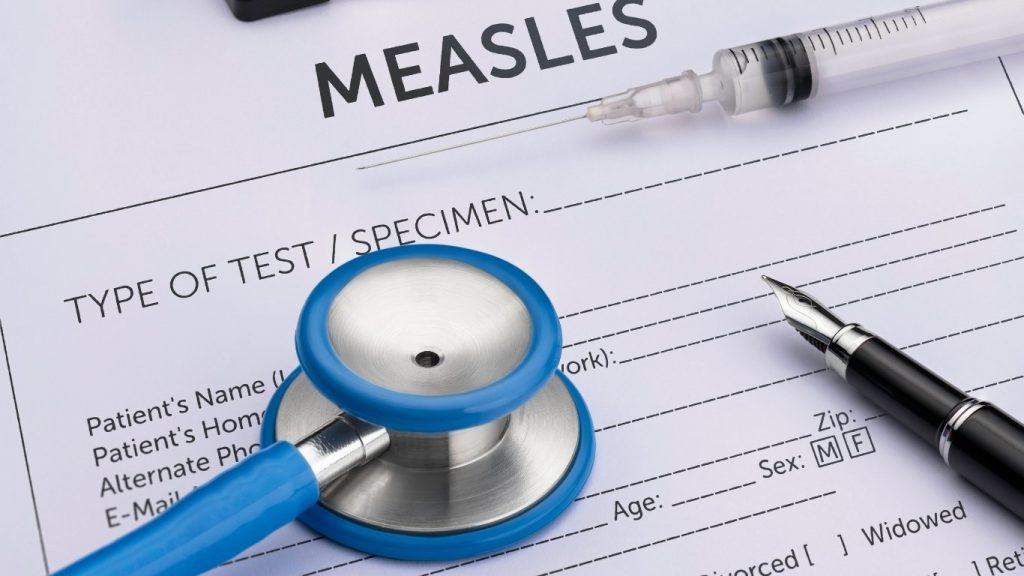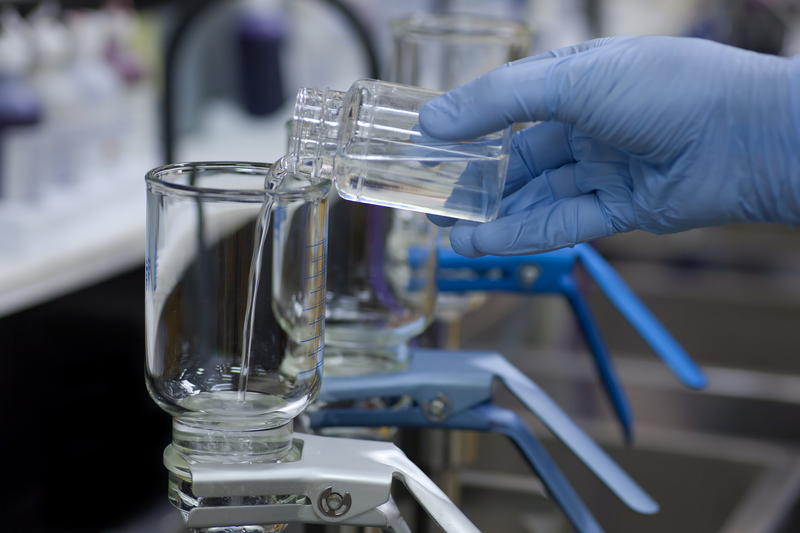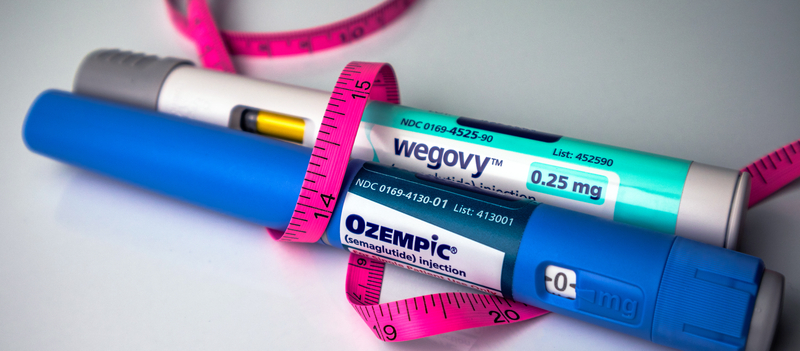mammography
New Study Shows Mobile Mammography Reach is Highest in Underserved Groups with Low Breast Cancer Screening Adherence
Newswise — Reston, VA – A recent study by the Harvey L. Neiman Health Policy Institute demonstrates that mobile mammography is generally used by wo...
"Breast Cancer Screening Among Medically Underserved Women in New Mexico" by Martha T Manda-Mapalo, Stephanie G Fine et al.
Publication Date
12-1-2020
Abstract
Introduction: Digital breast tomosynthesis (DBT) may decrease recall rates (RRs) and improve positive predict...
Prevalence and correlates of false-positive results after 3-D screening mammography among uninsured women in a community outreach program
doi: 10.1016/j.pmedr.2022.101790.
eCollection 2022 Jun.
Affiliations
Expand
...
Lower breast cancer incidence in Asian women not necessarily good
Researchers led by Dr. Ashwini Paranjpe from the University of Miami in Florida found that Asian Americans were less likely to have had a mammogram...
Text Messaging as a Communication Modality to Promote Screening Mammography in Low-income African American Women
Introduction:
Though text messages are increasingly used in health promotion, the current understanding of text message-based interv...
Trends in Breast Cancer Incidence Among Women Aged >20 Years
Abstract and Introduction
Introduction
Breast cancer is commonly diagnosed among women, accounting for approximately 30% of all cancer cases repor...
Trending Topics
Features
- Drive Toolkit
Download and distribute powerful vaccination QI resources for your community.
- Health Champions
Sign up now to support health equity and sustainable health outcomes in your community.
- Cancer Early Detection
MCED tests use a simple blood draw to screen for many kinds of cancer at once.
- PR
FYHN is a bridge connecting health information providers to BIPOC communities in a trusted environment.
- Medicare
Discover an honest look at our Medicare system.
- Alliance for Representative Clinical Trials
ARC was launched to create a network of community clinicians to diversify and bring clinical trials to communities of color and other communities that have been underrepresented.
- Reducing Patient Risk
The single most important purpose of our healthcare system is to reduce patient risk for an acute event.


















